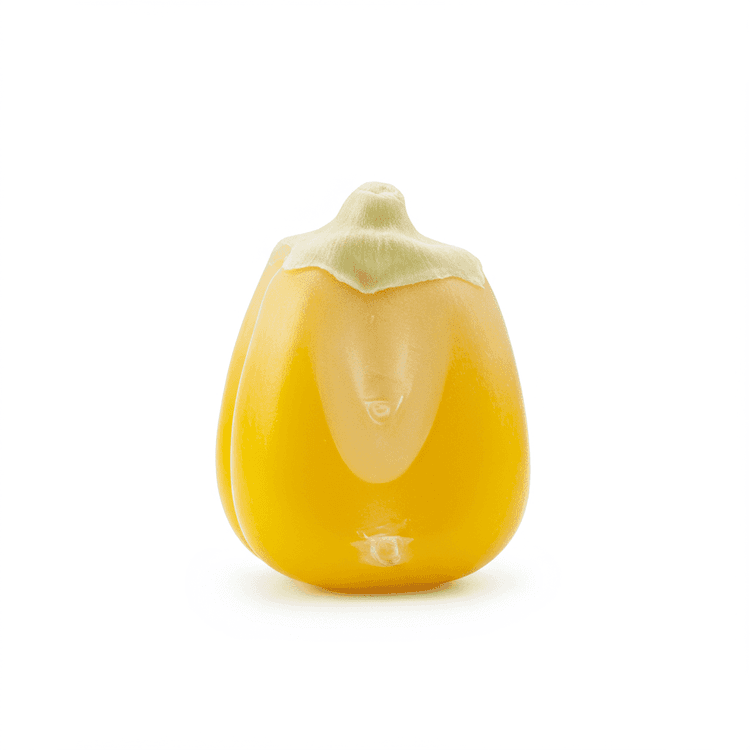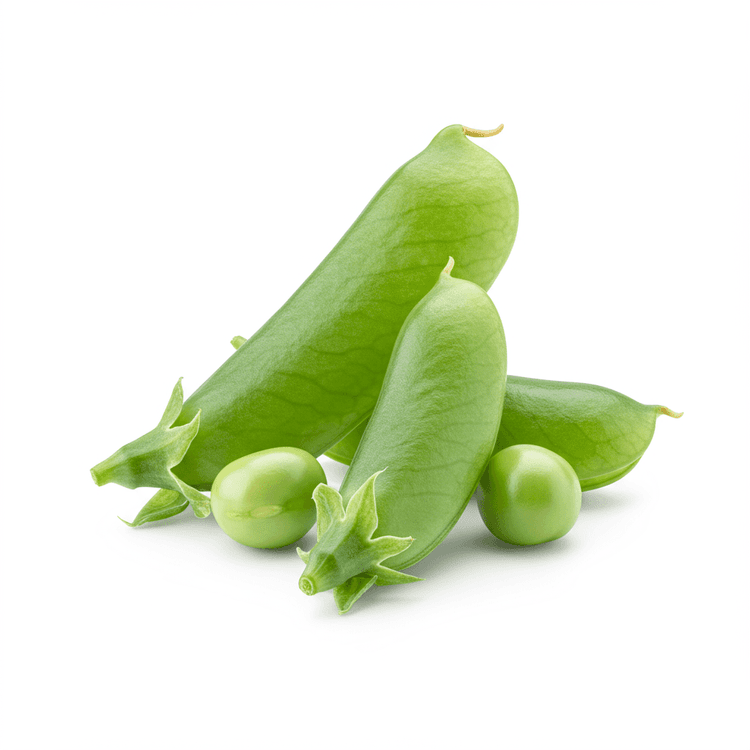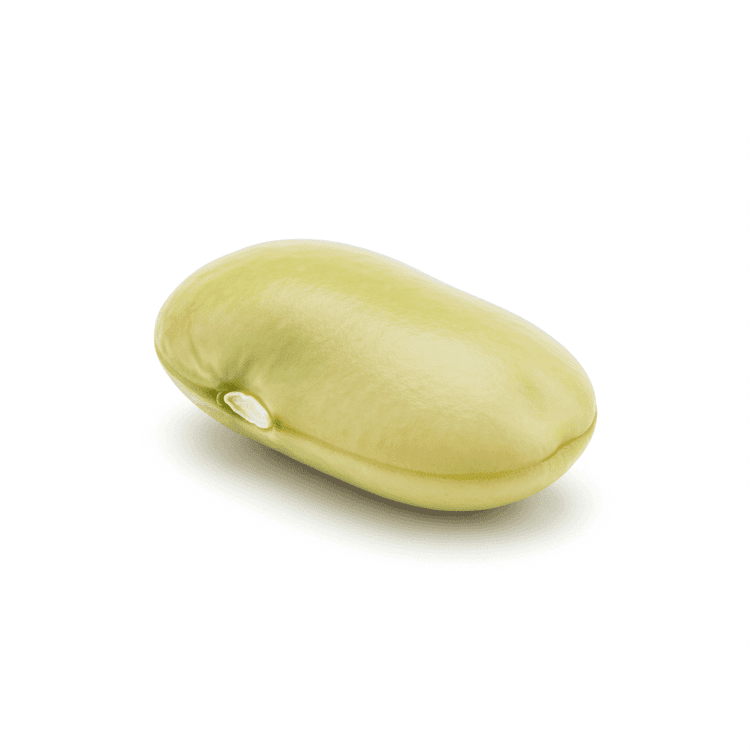
Corn Kernel
Corn kernels, also known as maize kernels, are the edible seeds of the corn plant, Zea mays. These bright yellow or white nuggets, sometimes multi-colored depending on the variety, offer a naturally sweet flavor with a slightly chewy texture when fresh. Whether enjoyed straight off the cob, canned, or frozen, corn kernels provide a satisfying crunch and burst of sweetness. They are a versatile ingredient, lending themselves well to both sweet and savory dishes, and are a staple in cuisines around the world. Fresh corn kernels are often used in salads and salsas while dried corn kernels can be ground into cornmeal for use in baking.
Common Uses
- As a side dish, corn kernels are often steamed, boiled, or grilled, and seasoned with butter, salt, and pepper, making a simple and delicious accompaniment to any meal.
- Corn kernels add sweetness and texture to salads, salsas, and relishes. Combine them with other vegetables, herbs, and a vinaigrette for a refreshing side or topping.
- Used as an ingredient in corn bread or corn muffins, corn kernels can be added directly to the batter for enhanced flavor and texture.
- Incorporated into soups and stews, corn kernels contribute a creamy sweetness and body, pairing well with chili, chowders, and vegetable soups.
- Blended into fritters or pancakes, corn kernels add a delightful sweetness and subtle crunch, perfect for a savory breakfast or brunch.
- Fresh corn kernels can be sauteed with other vegetables and herbs for a quick and tasty stir-fry, served as a side or mixed with rice or noodles.
Nutrition (per serving)
Nutrition (per serving)
Calories
86.0kcal (4.3%)
Protein
3.2g (6.44%)
Carbs
18.7g (6.8%)
Sugars
6.3g (12.52%)
Healthy Fat
1.1g
Unhealthy Fat
0.2g
% Daily Value based on a 2000 calorie diet
Nutrition (per serving)
Calories
86.0kcal (4.3%)
Protein
3.2g (6.44%)
Carbs
18.7g (6.8%)
Sugars
6.3g (12.52%)
Healthy Fat
1.1g
Unhealthy Fat
0.2g
% Daily Value based on a 2000 calorie diet
Health Benefits
- Good source of fiber, aiding digestion and promoting gut health.
- Provides essential vitamins and minerals like vitamin B, potassium, and magnesium.
- Contains antioxidants, such as carotenoids, which support eye health and protect against cell damage.
- May help regulate blood sugar levels due to its fiber content and relatively low glycemic index.
- Offers a source of energy from complex carbohydrates for sustained activity.
- Contributes to heart health by helping to lower cholesterol levels.
Chefadora AI is here.
Experience smarter, stress-free cooking.
Storage Tips
Fresh corn kernels, once removed from the cob, are best used immediately. If storing, refrigerate them in an airtight container or plastic bag. They will typically stay fresh for 2-3 days. For longer storage, blanch the kernels briefly in boiling water (about 2-3 minutes), then immediately transfer them to an ice bath to stop the cooking process. Drain well, and then freeze the kernels in a single layer on a baking sheet before transferring them to freezer bags. Frozen corn kernels can last for 8-12 months.
Marnirni-apinthi Building, Lot Fourteen,
North Terrace, Adelaide, South Australia, 5000
Australia



